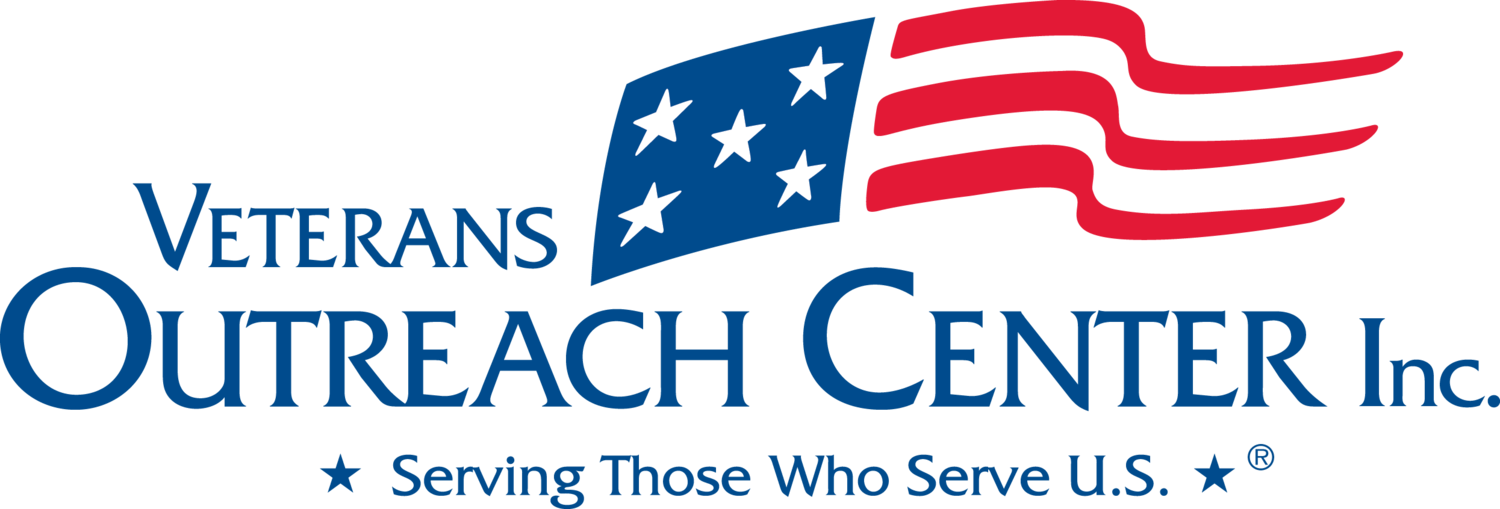How Free Bus Passes Address Veteran Economic and Mental Health Barriers
Imagine the return of a veteran after years of dedicated service. Their world, initially involving camaraderie and clear directives, has been replaced by the complex civilian world. For some veterans, this transition may be eagerly anticipated, but it can come with unforeseen battles fought on the streets on which they live and in their own minds. These can lead to both economic hardship and/or mental health challenges. For those veterans, the availability of accessible public transportation is a critical, albeit sometimes overlooked, factor that influences both financial stability and psychological well-being.
The Weight of Financial Strain on Veteran Mobility
The costs of owning a vehicle – purchasing, gas, insurance, routine maintenance – can be a barrier for veterans looking for work or who are managing limited incomes. Even the cumulative daily expenses of public transit fares, when factored into a tight budget, can create a significant economic burden.
This financial impediment to mobility comes with consequences:
Employment Disparity: Without reliable and affordable transportation, veterans may be unable to access job opportunities located beyond walking or cycling distance. This can restrict their employment search to immediate vicinities, often limiting options or forcing acceptance of lower-wage positions. The inability to commute consistently can also lead to job loss, perpetuating a cycle of financial insecurity.
Educational and Vocational Barriers: Access to vocational training programs, higher education, or skill-building initiatives often requires consistent attendance at specific locations. When transportation costs are prohibitive, veterans may be compelled to forgo these educational pursuits, limiting their long-term earning potential and upward mobility in the civilian workforce.
In short, the economic barrier to transportation directly undermines a veteran's capacity for financial independence and long-term prosperity.
Related Post: Why Economic Stability is a Critical Issue for Female Veterans
Mental Health and Navigating Public Spaces
Service-related conditions frequently include "invisible wounds," such as Post-Traumatic Stress Disorder (PTSD), Traumatic Brain Injury (TBI), and various forms of depression or anxiety. These conditions, while not always externally apparent, can affect a veteran's ability to navigate public environments, including public transportation systems.
The manifestations of these mental health barriers include:
Sensory Overload and Hypervigilance: Unexpected sounds, sudden movements, and the general noise of public spaces can trigger heightened anxiety, sensory overload, or hypervigilance in veterans with PTSD or TBI. This can make commuting uncomfortable.
Cognitive and Navigational Challenges: Veterans with TBI may experience difficulties with memory, spatial orientation, or complex problem-solving, making it challenging to decipher intricate bus routes, remember stops, or manage transfers effectively. This can lead to increased stress and confusion.
These mental health barriers directly impact access to critical services and social integration:
Missed Healthcare Appointments: The stress or cognitive difficulty associated with using public transit can directly result in missed appointments at VA medical centers or private clinics. This discontinuity of care can exacerbate mental health conditions, delay treatment, and lead to poorer health outcomes.
Limited Social Engagement: A lack of comfortable and reliable transportation can prevent veterans from participating in support groups, community events, or social gatherings with family and friends. This isolation can compound feelings of loneliness and negatively impact mental well-being, hindering the vital process of social reintegration.
Related Post: How Outdoor Recreation Provides Relief for Veterans
How Free Bus Pass Programs Address These Barriers
In 2020, we partnered with the Monroe County Veteran Service Agency and RTS to launch a free bus pass program for veterans. This program serves as a targeted and highly effective intervention against these interconnected economic and mental health barriers. Its design offers multiple benefits:
Direct Economic Relief: By providing complimentary access to public transportation, such programs immediately eliminate the financial burden of daily fares. This allows veterans to allocate their limited financial resources to other essential needs, such as housing, food, or medical expenses. The reduction in transportation costs can directly enable employment by facilitating commutes, thereby fostering greater financial stability.
Mitigation of Mental Health-Related Travel Stressors: Free veteran bus passes simplify the travel process. Without the added stress of managing fares, determining costs, or worrying about affording the next ride, veterans can experience a less anxious journey. Furthermore, while the environment of public transit itself may still present challenges, the predictability afforded by a pre-paid pass and the absence of transactional anxiety can lower overall stress levels. This increased predictability may make public transit a more viable option for veterans managing PTSD or anxiety, encouraging attendance at therapy sessions, medical appointments, and support groups that are crucial for mental health management.
Enhanced Access to Vital Resources: By removing both financial and psychological disincentives, our free bus pass program directly improves access to a wide array of resources critical for veteran well-being. This includes reliable transportation to:
Employment and Education: Facilitating job searches, interviews, and consistent attendance at work or training, thereby directly impacting economic stability.
Healthcare Services: Ensuring consistent access to VA and community-based mental health and medical appointments, crucial for managing chronic conditions and invisible wounds.
Social Support Networks: Enabling participation in community activities, veteran support groups, and family engagements, directly combating social isolation and fostering a sense of belonging.
A Strategic Investment in Veteran Well-being
The challenges faced by veterans concerning economic stability and mental health are often made worse by transportation limitations. Our free bus pass program for veterans represents a strategic and cost-effective intervention that directly addresses these critical barriers. By alleviating financial burdens and mitigating psychological stressors associated with travel, veterans are empowered to access employment, education, healthcare, and social support. This, in turn, contributes significantly to their overall well-being, successful civilian reintegration, and sustained contributions to society. Investing in accessible public transit for veterans is not merely a benevolent gesture but a judicious commitment to their lasting health, economic security, and community engagement. Click here to learn more about our free bus pass program.
